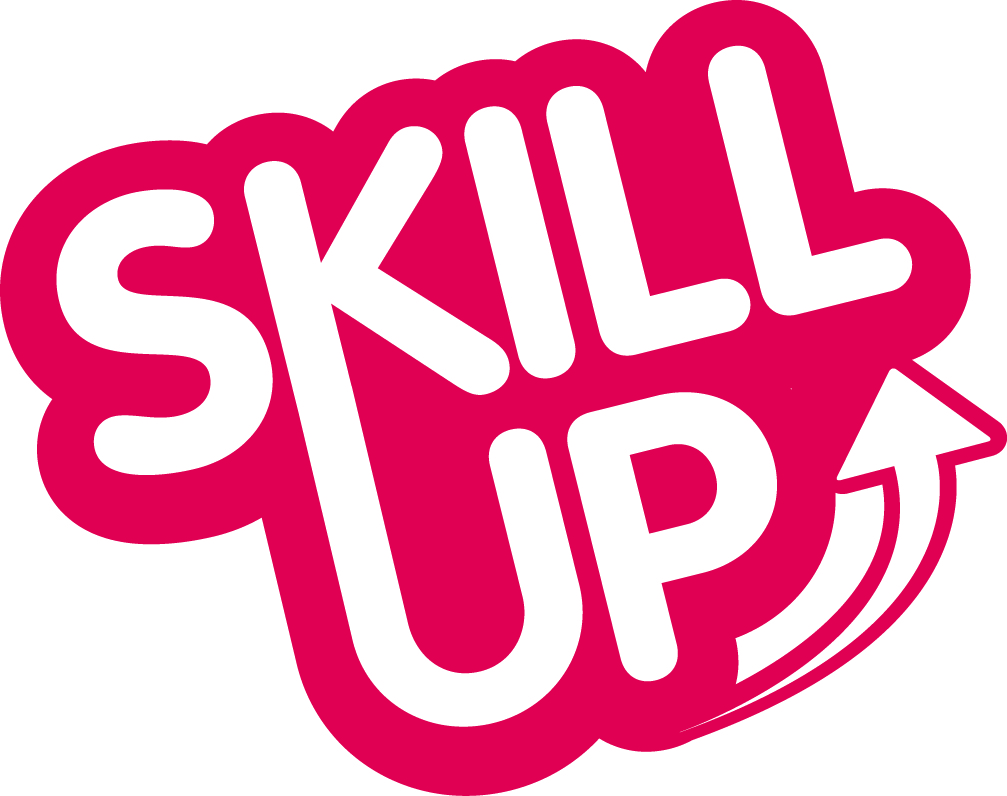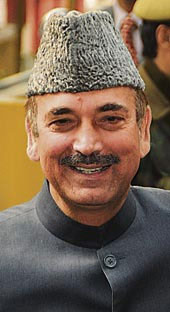The first Skill Development/Training programme conducted by the Department of Public Enterprises (DPE), Ministry of Heavy Industries & Public Enterprises, Government of India for the Executives and the Employees of State Level Public Enterprises (SLPEs) has held in Bhopal.
It will be recalled that the Minister of H eavy Industries & Public Enterprises Shri Praful Patel had written to the Chief Ministers of all States in May 2012 on the issue of sharing of experiences of public sector enterprises of both the Center as well as the State. As a follow of, the Department of Public Enterprises have develop the skill development/training programme for the executives and employees of SLPEs to help in improving/upgrading the skills of managers/executives/employees of State Level Public Enterprises (SLPEs) and consequently enhancing the overall productivity of these enterprises.
eavy Industries & Public Enterprises Shri Praful Patel had written to the Chief Ministers of all States in May 2012 on the issue of sharing of experiences of public sector enterprises of both the Center as well as the State. As a follow of, the Department of Public Enterprises have develop the skill development/training programme for the executives and employees of SLPEs to help in improving/upgrading the skills of managers/executives/employees of State Level Public Enterprises (SLPEs) and consequently enhancing the overall productivity of these enterprises.
The scheme is to be implemented during the 12th Five Year Plan starting with the Annual Plan 2012-13. Under the Scheme, the fund will be given as grant-in-aid to institutes/bodies/CPSEs who will be responsible for organizing the training programme. In general, allocation of funds will depend on request from States/UTs. It is a modest intervention to supplement the efforts of the States/UTs.
While the focus of the training will be on upgrading the skills of key personnel, it will also include institution building. In the latter category, issues such as, corporate governance, raising resources from capital market and pricing policies will be dealt with. The combination of the two will help achieve excellence in the overall performance of SLPEs.









 A group of Indian MPs have done a crash course at the prestigious Yale University of the US. The course was specially tailored for them incorporating issues like global economic governance, counter-insurgency efforts in Afghanistan and political developments in the Middle East.
A group of Indian MPs have done a crash course at the prestigious Yale University of the US. The course was specially tailored for them incorporating issues like global economic governance, counter-insurgency efforts in Afghanistan and political developments in the Middle East.
 Expansion of higher education, healthcare institutions and roads is needed for socio-economic uplift of people in Jammu and Kashmir, Union Health and Family Welfare Minister Ghulam Nabi Azad said. Basic amenities have to be provided to people living in far-flung regions of the state, he told a public meeting at Kilhotran in Gandoh tehsil of Doda district.
Expansion of higher education, healthcare institutions and roads is needed for socio-economic uplift of people in Jammu and Kashmir, Union Health and Family Welfare Minister Ghulam Nabi Azad said. Basic amenities have to be provided to people living in far-flung regions of the state, he told a public meeting at Kilhotran in Gandoh tehsil of Doda district.
 Microsoft has announced Office 365 for Education, providing the productivity, communications and collaboration experiences to educational institutes at no cost. Office 365 for Education is a cloud-based suite that includes the familiar Microsoft Office desktop applications, as well as Microsoft Exchange Online, Microsoft SharePoint Online and Microsoft Lync Online. It provides educators with powerful tools to create anytime, anywhere learning opportunities across multiple devices in addition to email, calendars, Microsoft Office Web Apps (Online companions to Microsoft Word, Excel, PowerPoint and OneNote), video and online meetings plus advanced document creation features for curriculum planning and student projects.
Microsoft has announced Office 365 for Education, providing the productivity, communications and collaboration experiences to educational institutes at no cost. Office 365 for Education is a cloud-based suite that includes the familiar Microsoft Office desktop applications, as well as Microsoft Exchange Online, Microsoft SharePoint Online and Microsoft Lync Online. It provides educators with powerful tools to create anytime, anywhere learning opportunities across multiple devices in addition to email, calendars, Microsoft Office Web Apps (Online companions to Microsoft Word, Excel, PowerPoint and OneNote), video and online meetings plus advanced document creation features for curriculum planning and student projects.
 This new and second upgraded version has a faster processor and new applications developed by teachers and students. “The Aakash tablet was launched in October 2011. Unfortunately, there were some delays. Three months ago, IIT Bombay took on the responsibility and now there has been a sea change in our confidence in the project and I symbolically launch Aakash 2 and hand it over to students. The specifications have been upgraded while maintaining the low cost. Aakash 2 is a step forward in fulfilling our dreams to supply tablets to millions of students,” said Human Resource Development (HRD) Minister Kapil Sibal.
This new and second upgraded version has a faster processor and new applications developed by teachers and students. “The Aakash tablet was launched in October 2011. Unfortunately, there were some delays. Three months ago, IIT Bombay took on the responsibility and now there has been a sea change in our confidence in the project and I symbolically launch Aakash 2 and hand it over to students. The specifications have been upgraded while maintaining the low cost. Aakash 2 is a step forward in fulfilling our dreams to supply tablets to millions of students,” said Human Resource Development (HRD) Minister Kapil Sibal.
 After much hullabaloo the IIT Council has come to a point to decide on the IIT exam pattern.
After much hullabaloo the IIT Council has come to a point to decide on the IIT exam pattern.
 If there can be Palace-on- Wheels, there can be a School-on-Wheels and that too for the slum children of the country’s capital, Delhi.
If there can be Palace-on- Wheels, there can be a School-on-Wheels and that too for the slum children of the country’s capital, Delhi.
 iProf Learning Solutions, Tablet PC based education content provider, has launched XtraClass – a solution combining School Curriculum with preparation for Engineering and Medical exams, with the best faculty of India. iProf offers this solution on tablet PCs, which are an ideal medium for anytime, anywhere learning without the constraints of computer, or broadband.
iProf Learning Solutions, Tablet PC based education content provider, has launched XtraClass – a solution combining School Curriculum with preparation for Engineering and Medical exams, with the best faculty of India. iProf offers this solution on tablet PCs, which are an ideal medium for anytime, anywhere learning without the constraints of computer, or broadband.











